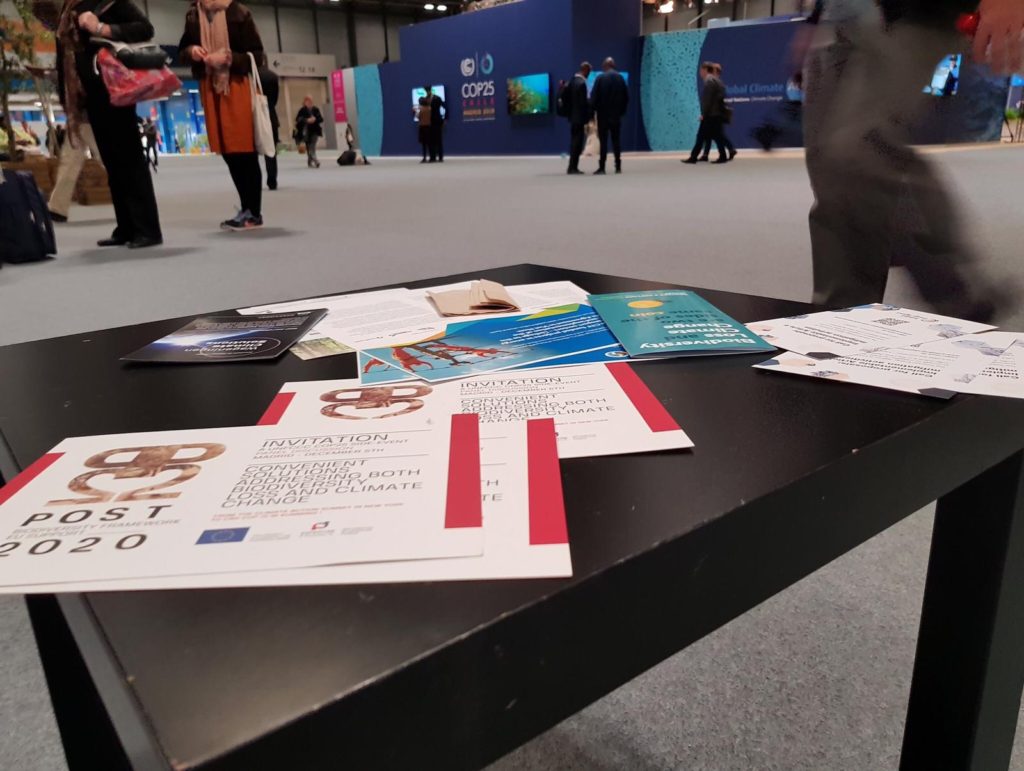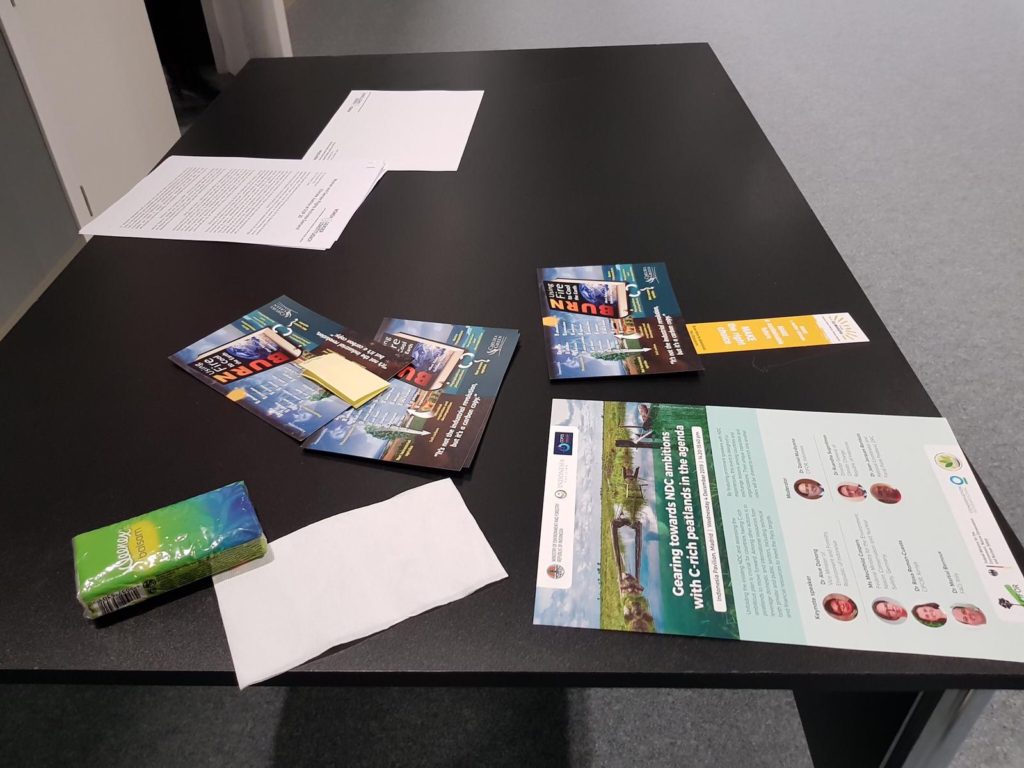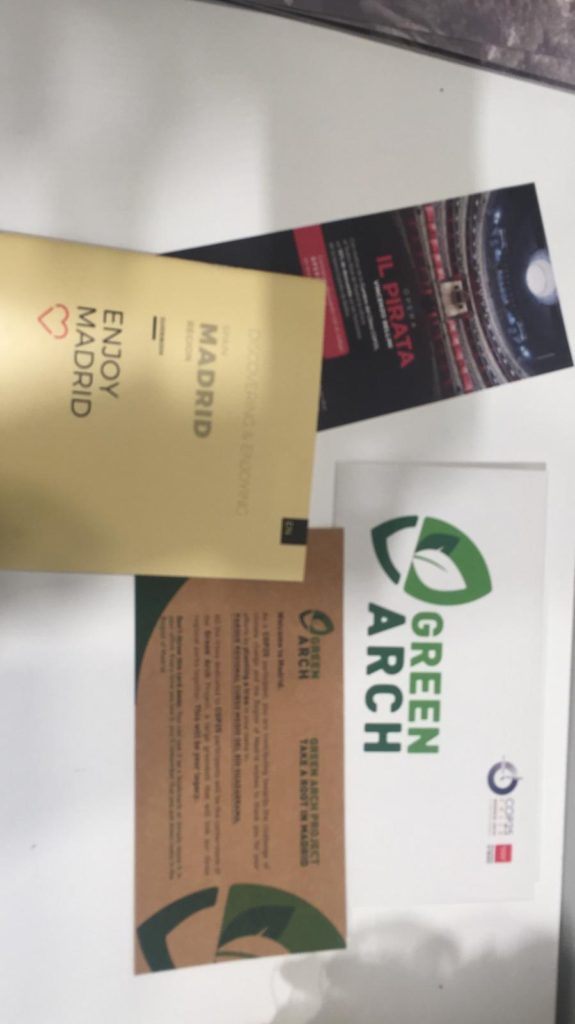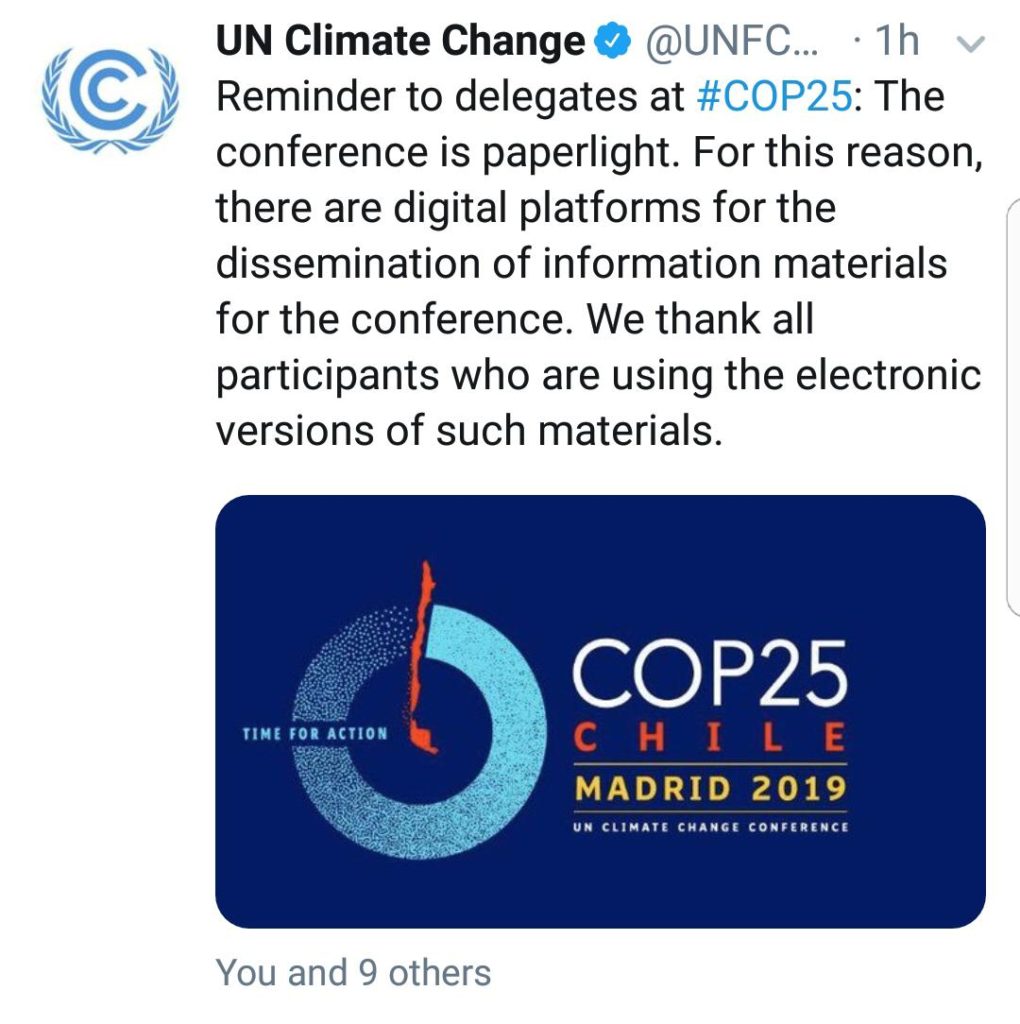OMGE! Convincing a Skeptic on “automatic cancellation” (Part 1 of 2)
Congratulations! You actually decided to read the first sentence of this ECO article, after seeing such an “eye-glazing” Article 6 concept.
To make sure that Article 6 goes beyond zero sum offsetting, ECO believes that the only real way to achieve this principle (and requirement under Article 6.4 of the Paris Agreement) is through “automatic cancellation.” What you may ask? It’s a process where buyers (like a country or an airline for compliance under the ICAO CORSIA) buy some mitigation outcomes and a certain percentage of that purchase has to be set aside for the benefit of the atmosphere. What’s left would then be used by the buyer to help achieve the target. But not everyone agrees on this approach. What follows is the first half of a conversation that ECO had with an “OMGE automatic cancellation skeptic.”
*********
ECO: So, I hear you don’t like OMGE being achieved through automatic cancellation. Why don’t you want it?
OMGE automatic cancellation skeptic: “Well, first off, I think that OMGE through automatic cancellation is a tax on mitigation.”
ECO: No, that’s rather misleading: it’s really a subsidy to developing countries to develop projects that generate mitigation outcomes. Sure, the buyer pays a little bit more for the ITMO, but research shows that if the cancellation rate is 50% or below (and ideally 50% from ECO’s perspective), the sellers, who are likely to be developing countries, will be better off, and so will the planet.
... Read more ...




